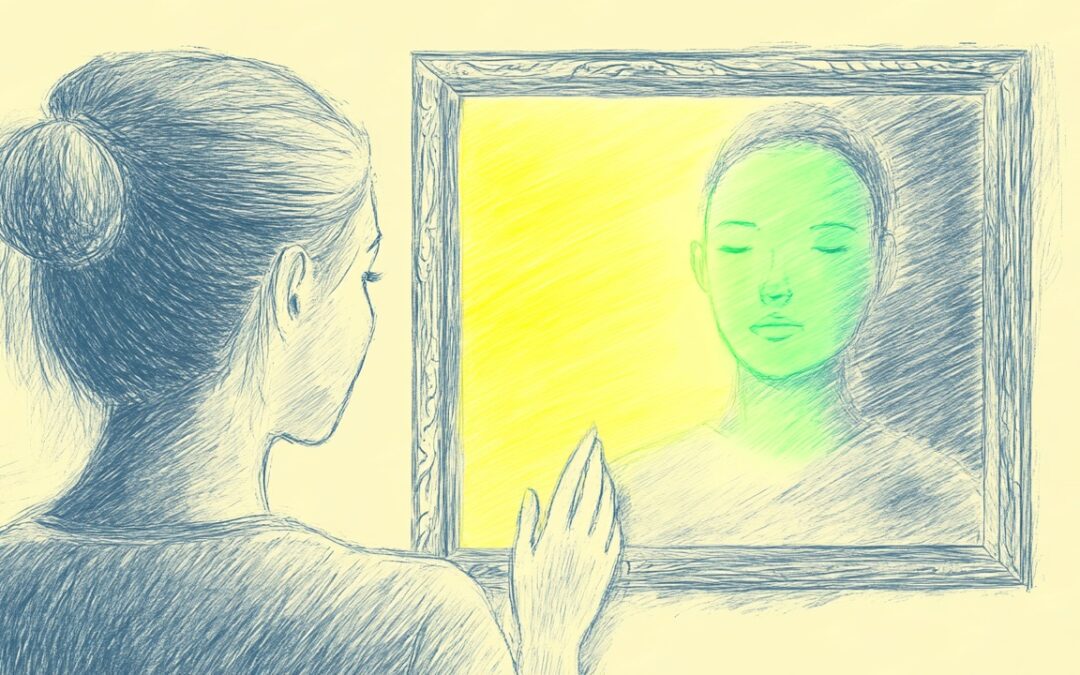
Satan as a Monster of Fear
For many in evangelical circles, “Satan” looms as a shadowy figure of terror. He is often portrayed as the embodiment of pure evil—a red-horned villain wielding ultimate power to destroy and deceive. This version of Satan dominates sermons, children’s Sunday school lessons, and spiritual warfare books. The fear associated with this figure becomes a driving force for behavior, reinforcing the need for constant vigilance.
Evangelicals often view Satan as a personal threat, an enemy lurking in the shadows to tempt and derail believers from a path of righteousness. This imagery frames him as the adversary of both God and humanity, giving him a role akin to a supernatural predator.
However, this fear-based perspective feeds into a culture of paranoia and mistrust, both of oneself and others. Believers are encouraged to see spiritual battles in every challenge, assigning blame to an external force rather than examining internal causes.
Roots of the Evangelical Narrative
The modern evangelical depiction of Satan did not spring fully formed, from the Bible. Instead, it evolved from centuries of theological interpretations, cultural myths, and literary influences. Works like Dante’s Inferno and Milton’s Paradise Lost shaped the imagination of Satan as a rebellious ruler of hell.
In the Bible itself, however, Satan is rarely described in these dramatic terms. His role appears more restrained, often functioning as a challenger or an accuser, rather than an independent villain. Early Jewish writings and even some Christian texts describe him as a necessary figure in God’s divine courtroom, testing humanity’s resolve and obedience.
Is Satan truly a monster to fear, or has modern interpretation distorted his original purpose?

Understanding the Role of an Accuser
In the Bible, Satan’s title often translates to “the accuser” or “the adversary.” This role is far removed from the fire-breathing caricature many envision today. Instead, Satan acts more like a prosecuting attorney in God’s divine courtroom. His purpose isn’t outright destruction but testing, questioning, and holding humanity accountable.
For example, the Hebrew word ha-satan literally means “the accuser” or “the opponent.” This depiction is not of an evil overlord but a figure who challenges and critiques humanity’s actions. He functions as an instrument in God’s hands to expose the truth and refine human character.
Rather than existing as God’s sworn enemy, Satan appears as part of the divine system. His questioning often brings about opportunities for growth, revealing hidden motives and weaknesses in those he accuses.
Examples of Satan’s Use in Biblical Texts
The story of Job is perhaps the most well-known example of Satan acting as an accuser. In this narrative, Satan approaches God to question Job’s loyalty. He proposes that Job’s faithfulness exists only because of his blessings, prompting God to allow Satan to test Job’s devotion. Here, Satan is not acting independently but with God’s permission. His role is less about cruelty and more about challenging the surface-level assumptions of faith. The story reveals Job’s inner strength, even as it wrestles with the complexities of suffering.
In Zechariah 3:1-2, Satan again appears as an accuser. He stands ready to challenge Joshua the high priest before God. Yet, God rebukes Satan, demonstrating that divine authority ultimately supersedes the accusations. This interaction paints Satan as a tool of accountability rather than a figure of ultimate power. These examples show that the biblical Satan operates within God’s framework, raising difficult questions rather than wreaking unchecked havoc.
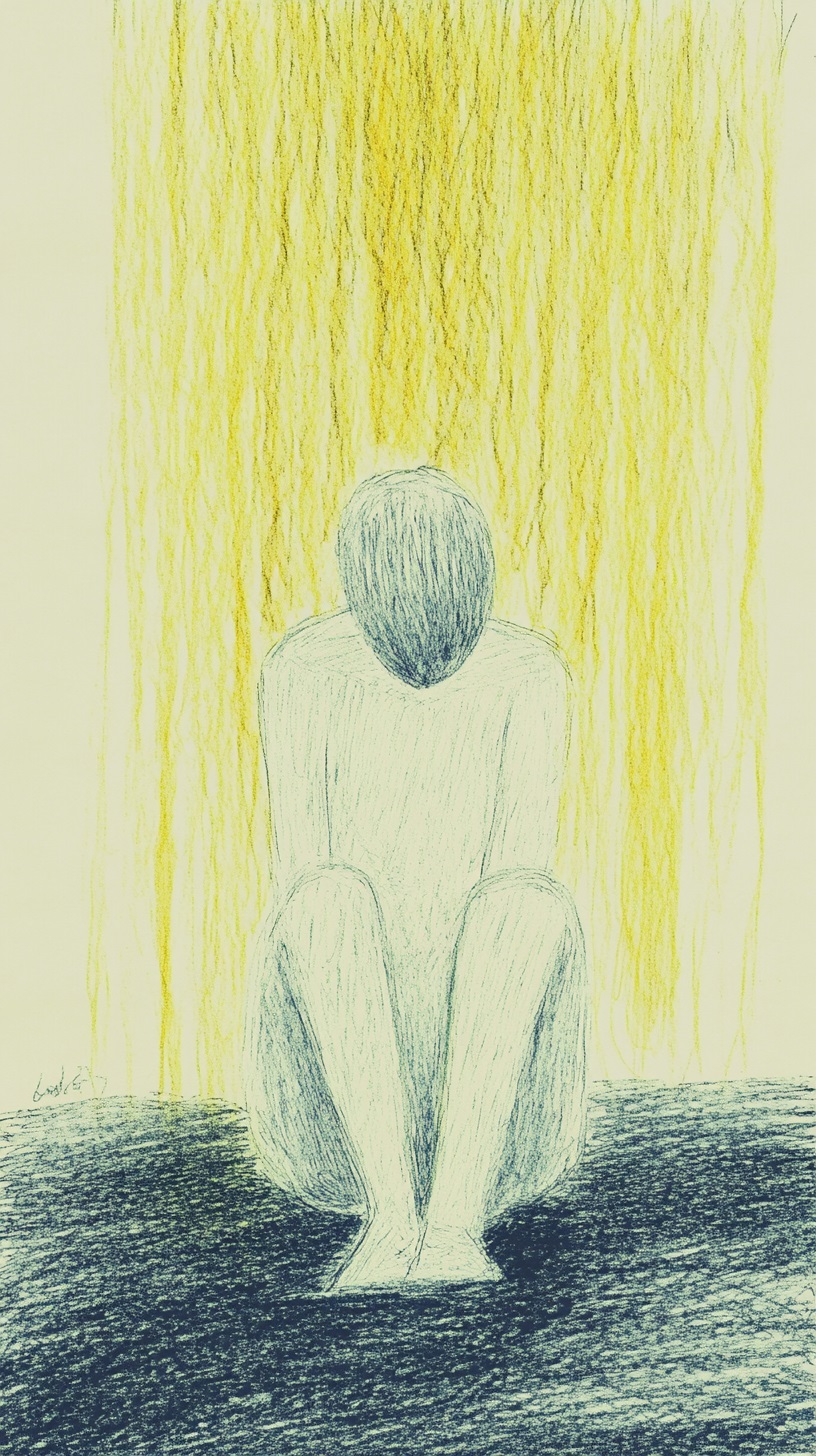
How Fear-Based Theology Shapes Mental Health
The evangelical portrayal of Satan as a monstrous, ever-present threat creates an atmosphere of constant fear and suspicion. This worldview reinforces the idea that unseen forces are always working to undermine a person’s faith, morality, and safety. For many, this triggers chronic anxiety, as believers feel trapped in a never-ending spiritual battle.
Instead of empowering individuals to take ownership of their thoughts and actions, this theology externalizes accountability. When blame is shifted to an invisible enemy, self-awareness and personal growth become stunted. Worse, individuals may struggle with guilt and shame, believing their struggles are the result of personal failure rather than normal human challenges.
This fear-centric narrative also leaves little room for grace. By positioning Satan as the ultimate villain, evangelicals create a black-and-white moral framework. This can lead to excessive self-criticism, hypervigilance, and the suppression of natural emotions like anger or doubt—further harming mental well-being.
Polarization and Division in Society
On a broader scale, the evangelical view of Satan as an active force influencing people’s behavior has contributed to societal division. Leaders often describe social or political ideologies they disagree with as being “of the devil,” demonizing opposing perspectives and fostering hostility.
This worldview discourages dialogue and empathy, as individuals are conditioned to see others as spiritual adversaries rather than fellow humans. By framing ideological differences as spiritual warfare, it becomes harder to find common ground or engage in meaningful collaboration.
The Lost Opportunity for Self-Reflection
The biblical view of Satan as an accuser offers a path toward self-reflection and growth. If Satan’s role is to challenge and test, then facing these accusations can lead to greater self-awareness and accountability. However, the evangelical focus on fear and external blame misses this opportunity.
Rather than exploring how inner struggles or external challenges might serve as tools for growth, many are taught to avoid introspection and focus on defeating an external enemy. This not only limits personal development but also creates an unhealthy relationship with one’s own inner critic.
Cultural Ramifications of Misplaced Blame
By attributing life’s difficulties to a supernatural antagonist, society becomes less equipped to address systemic issues like poverty, inequality, and mental health crises. Viewing struggles as spiritual attacks instead of human problems to solve leads to inaction and misplaced priorities.
For example, instead of addressing the root causes of addiction or depression, some communities focus on prayer as the sole solution, dismissing psychological and medical interventions. This approach further isolates individuals in need and perpetuates cycles of suffering.
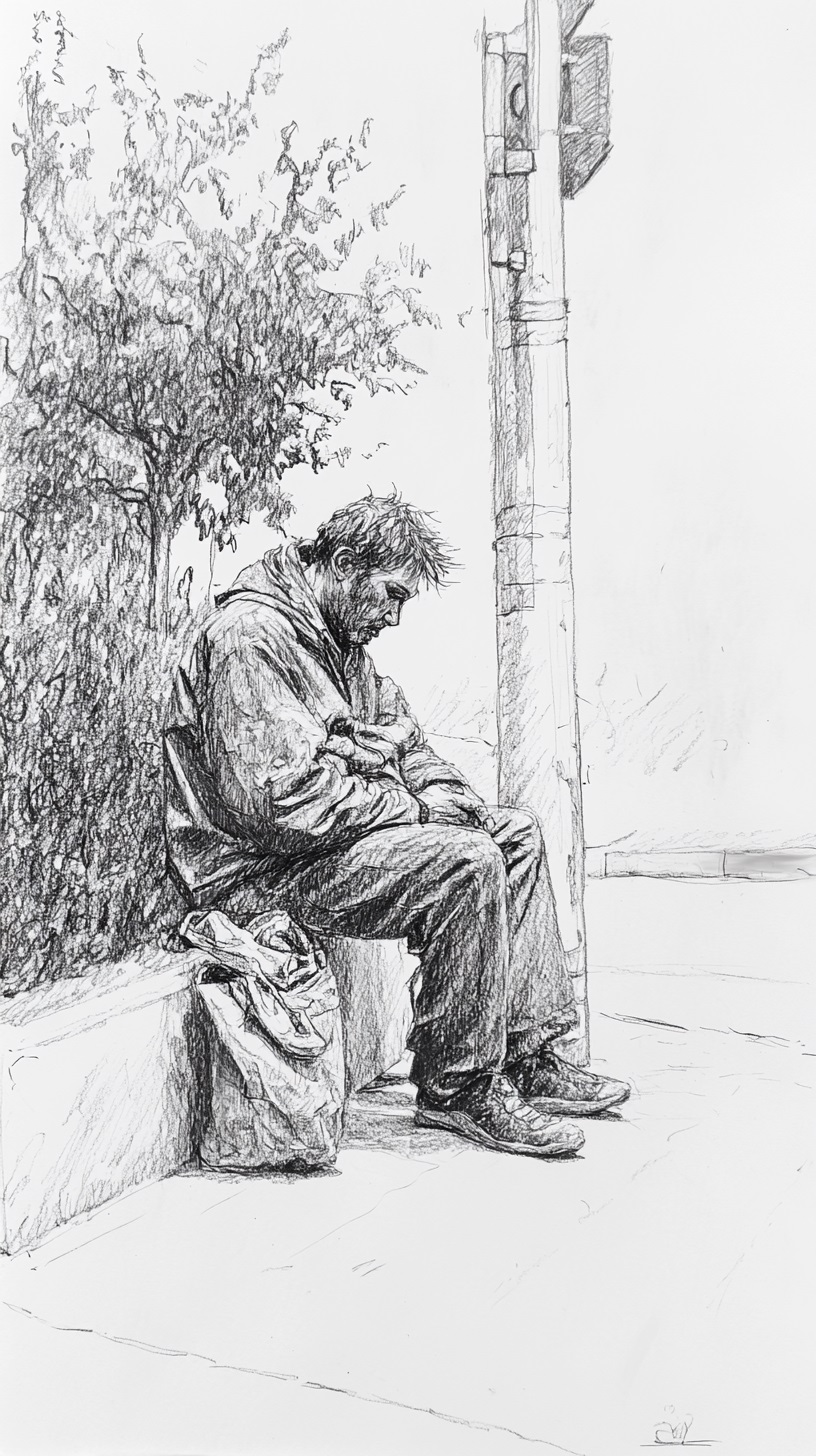
The Stigma of “Demonic” Struggles
In many evangelical circles, issues like mental illness, addiction, or even doubt are often labeled as evidence of “demonic” influence. This belief stigmatizes those who are struggling, reducing their challenges to spiritual battles rather than complex human experiences. For example, someone suffering from depression might be told that they are under spiritual attack or possessed by a demon, leading to isolation and shame instead of the compassionate support they need.
This approach can deter individuals from seeking professional help. Evangelicals may discourage therapy, medication, or other evidence-based treatments, framing them as unnecessary or even unfaithful responses to spiritual problems. As a result, those in need of care often feel trapped, powerless to address their challenges in a meaningful way.
Misguided Interventions and Emotional Harm
The practice of “laying on hands” or conducting deliverance rituals to “heal” perceived demonic afflictions often exacerbates emotional distress. These practices can be intense and emotionally charged, sometimes leaving the individual feeling even more broken when no “healing” occurs.
For someone struggling with mental health issues, this experience can deepen feelings of failure and inadequacy. They may conclude that their faith isn’t strong enough or that they are inherently flawed. This reinforces cycles of guilt and despair, further isolating them from support systems that could provide real help.
Oversimplification of Complex Issues
Blaming demons for societal issues like addiction, violence, or systemic inequality oversimplifies problems that require nuanced understanding and action. Addiction, for instance, is often treated as a purely spiritual affliction rather than a condition influenced by trauma, environment, and genetics. Instead of advocating for comprehensive solutions like counseling, rehabilitation programs, or policy changes, communities may rely solely on prayer or religious rituals.
This approach diverts attention and resources away from effective interventions. It also creates a culture of judgment, where individuals are viewed as spiritually deficient rather than as people navigating complex and multifaceted challenges.
The Danger of Inaction
When struggles are attributed to spiritual warfare, there is a tendency to focus on prayer as the primary, or even sole, solution. While prayer can offer comfort and hope, it cannot replace the tangible efforts required to address systemic issues. For example:
- Poverty may be seen as a result of spiritual neglect rather than systemic inequality.
- Abuse might be dismissed as the work of demons rather than a failure of societal safeguards.
- Mental health crises may be framed as a lack of faith rather than a call for medical and psychological support.
This inaction perpetuates harm, as real-world problems remain unaddressed while communities focus on fighting an invisible enemy.
Generational Trauma and the Legacy of Fear
These cultural practices don’t only affect individuals; they ripple across generations. Children raised in evangelical households often inherit the fear of demonic forces. They learn to view natural human experiences—anger, doubt, or sadness—as spiritually dangerous.
This conditioning fosters a lifelong pattern of suppressing emotions and avoiding introspection. It can also create an adversarial relationship with oneself, as the internal critic becomes confused with the voice of a supposed external spiritual enemy. Breaking free from these patterns often requires years of unlearning and healing.

Reframing Satan: A Tool, Not an Adversary
Imagine this: you’ve been scratched across the face by a cat, leaving a red, angry mark. You feel the sting but don’t know how bad it is until you look in the mirror. The mirror doesn’t cause the injury or make it worse, but it reveals the wound, showing you what needs attention.
Now consider what happens next. You might clean the scratch, apply ointment, and take steps to prevent infection. Without the mirror, you wouldn’t have known how serious it was or where to begin treatment. The mirror doesn’t judge you for being scratched; it simply reflects what’s already there, helping you respond appropriately.
This is how the biblical concept of Satan as an accuser can function in our lives. Like a mirror, the accuser highlights the areas where we’ve fallen short or made mistakes. It doesn’t create those shortcomings, but it brings them to light so we can address them.
Satan as a Mirror for Inner Struggles
When viewed through this lens, Satan isn’t a malicious villain seeking our destruction but a tool used to reveal the truth. The role of the accuser is not to condemn but to challenge. This challenge forces us to confront the parts of ourselves we’d rather ignore, much like seeing an unexpected wound in the mirror.
This reframing transforms Satan’s role into one of introspection and growth. Instead of cowering in fear or projecting blame outward, we can approach these moments of accusation as opportunities. They encourage us to look inward, assess our actions, and take steps toward healing and improvement.
By engaging with this mirror, we move closer to wholeness. It forces us to ask hard questions: Am I acting out of integrity? What patterns in my life are harming me or others? This self-examination, though uncomfortable, is a necessary part of growth.
Integrating the Lessons of the “Accuser”
The concept of shadow work, often associated with Carl Jung, offers a framework that resonates deeply with the idea of Satan as a tool for self-reflection. Jung described the “shadow” as the part of ourselves we repress or deny—our fears, insecurities, and less flattering qualities. Much like the accuser in biblical texts, the shadow forces us to confront these hidden parts of ourselves.
The Role of Shadow Journaling
Shadow work involves intentional practices, like journaling, to explore the parts of ourselves we’d rather avoid. Shadow journals provide a safe space to engage with thoughts and feelings that feel uncomfortable or even taboo. The goal is not to judge these aspects of ourselves but to understand them.
For example, a shadow journaling prompt might ask:
- What behaviors in others frustrate me, and why?
- When have I felt ashamed of my actions, and what led to those moments?
- What patterns do I notice in my reactions to criticism?
By writing openly and honestly, we start to see patterns in our behavior. These patterns often reveal wounds, fears, or desires that need our attention.
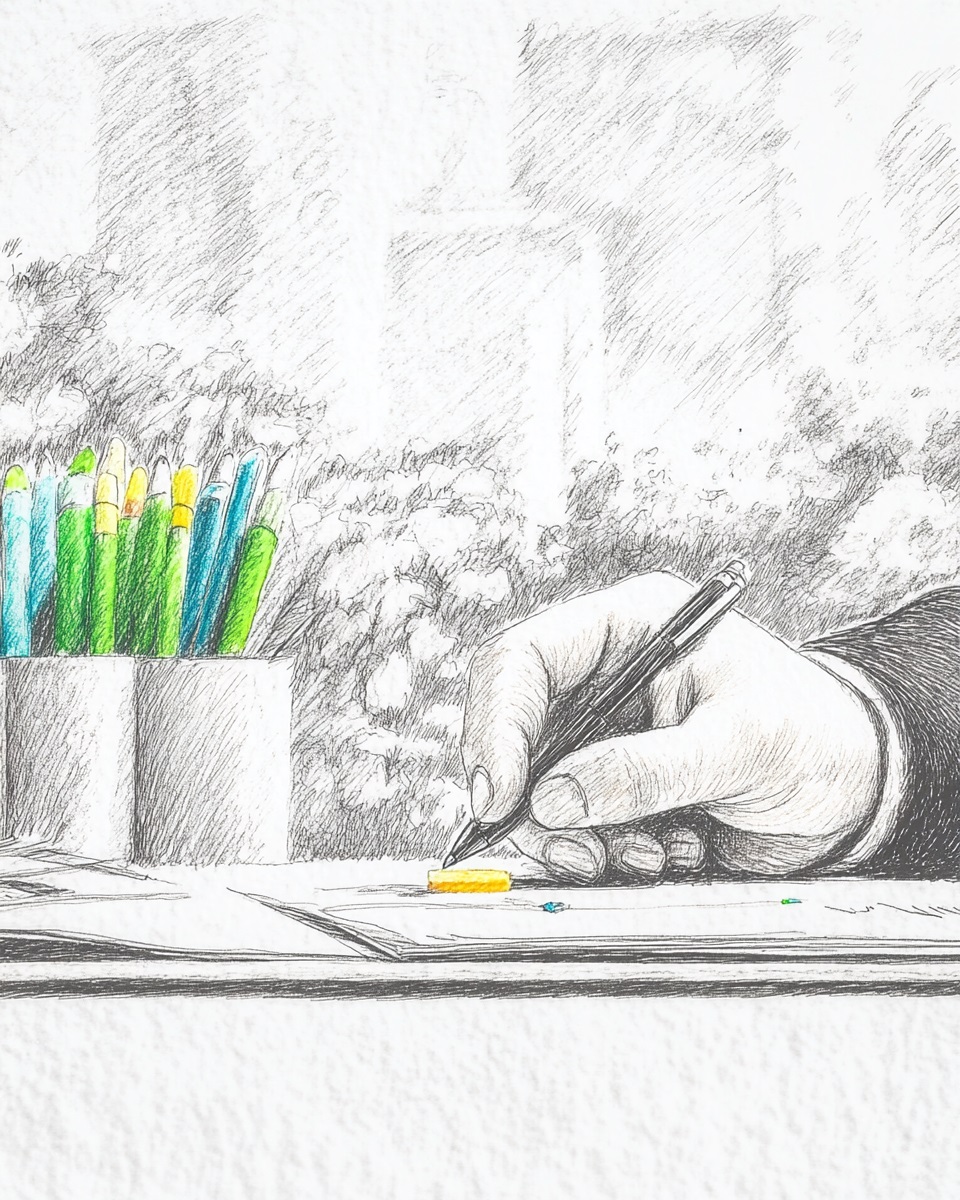
How This Mirrors the Role of “The Accuser”
Shadow work aligns with the biblical accuser’s role of bringing hidden truths to light. Instead of viewing these truths as condemnations, shadow work helps us see them as opportunities to grow and heal. The process is challenging but transformative, as it allows us to integrate our shadow into a fuller understanding of ourselves.
Through practices like journaling, meditation, or guided introspection, we can use the discomfort of the “accusations” to address inner wounds, reframe limiting beliefs, and develop greater self-compassion.
Shadow work teaches us to engage with the hidden aspects of ourselves with curiosity and compassion, transforming what feels like criticism into a path toward growth. Similarly, the concept of the inner accuser invites us to explore the voices within that challenge and critique us. Rather than silencing this voice, we can reframe it as a tool for self-awareness, using its insights to better understand our actions, motivations, and areas for growth. This shift allows us to find empowerment in critique, turning what feels like judgment into an opportunity for transformation.
The Inner Accuser: Finding Growth in Critique
Recognizing the Voice of the Inner Accuser
Everyone has an inner voice that critiques their actions, decisions, and even thoughts. This “inner accuser” might sound like the echoes of past judgments, societal expectations, or self-imposed perfectionism. While it’s tempting to silence or ignore this voice, doing so can lead to unresolved tension and self-doubt.
Instead of viewing the inner accuser as an enemy, we can see it as a guide, much like the biblical accuser. This voice often points out areas where growth is possible. For instance, if the inner critic questions your effort on a project, it may be an invitation to examine whether you’re fully aligned with your goals or values.
Transforming Critique Into Reflection
When the inner accuser surfaces, it’s easy to spiral into self-criticism. However, reframing this voice as a tool for reflection can lead to growth. Ask yourself:
- What is this voice really trying to say?
- Is there a truth in its critique that I can learn from?
- How can I address the concerns it’s raising constructively?
For example, if your inner voice accuses you of failing in a relationship, reflect on what might be at the root of that feeling. Are there patterns of miscommunication or unmet needs that need attention? By viewing the critique as a starting point rather than a final judgment, you can take actionable steps toward improvement.

Balancing the Inner Accuser with Compassion
While the inner accuser can highlight areas for growth, unchecked criticism can become destructive. It’s crucial to pair this voice with self-compassion. Acknowledge your imperfections without letting them define your worth.
One way to achieve this balance is to imagine your inner critic as a well-meaning but overly blunt friend. You can listen to their concerns without letting their harsh tone overwhelm you. This approach keeps the inner accuser’s insights useful while mitigating its potential harm.
Learning to Trust the Process
The inner accuser often shows up most strongly when you’re stepping outside your comfort zone. It questions your capabilities, your worth, or your decisions. While this can feel discouraging, it’s also a sign of growth. The discomfort means you’re pushing yourself, exploring new possibilities, and facing challenges head-on.
Trusting the process involves embracing the critiques while staying committed to progress. This mindset helps you use the inner accuser as a partner in your personal evolution rather than a roadblock.
Shedding Fear: Embracing Critique Without Shame
Satan Is Not a Real Creature—It Is Ourselves
To shed the fear instilled by evangelical teachings about Satan, it’s essential to reframe what “Satan” represents. In reality, Satan is not a horned creature lurking in the shadows, waiting to drag us into an imaginary hell. Instead, Satan symbolizes an aspect of ourselves—the inner voice that challenges, critiques, and sometimes accuses.
This understanding dismantles the fear of an external monster and replaces it with a recognition of our own humanity. When we accept that the “Satan” we fear is actually an internal part of us, we can begin to see it as a tool for growth rather than a threat to our soul.
Spiritual Reflection as an Honest Look at the Inner Voice
True spiritual reflection involves turning inward and examining the voice of critique with honesty and compassion. This practice requires a willingness to face uncomfortable truths about ourselves, not as a form of punishment but as a way to grow.
When we listen to this voice without the weight of shame, its purpose becomes clear. It is not here to condemn or harm us; it is here to illuminate areas where we can improve. For example, if this inner voice highlights a failure, it’s an invitation to learn from the experience rather than drown in guilt.
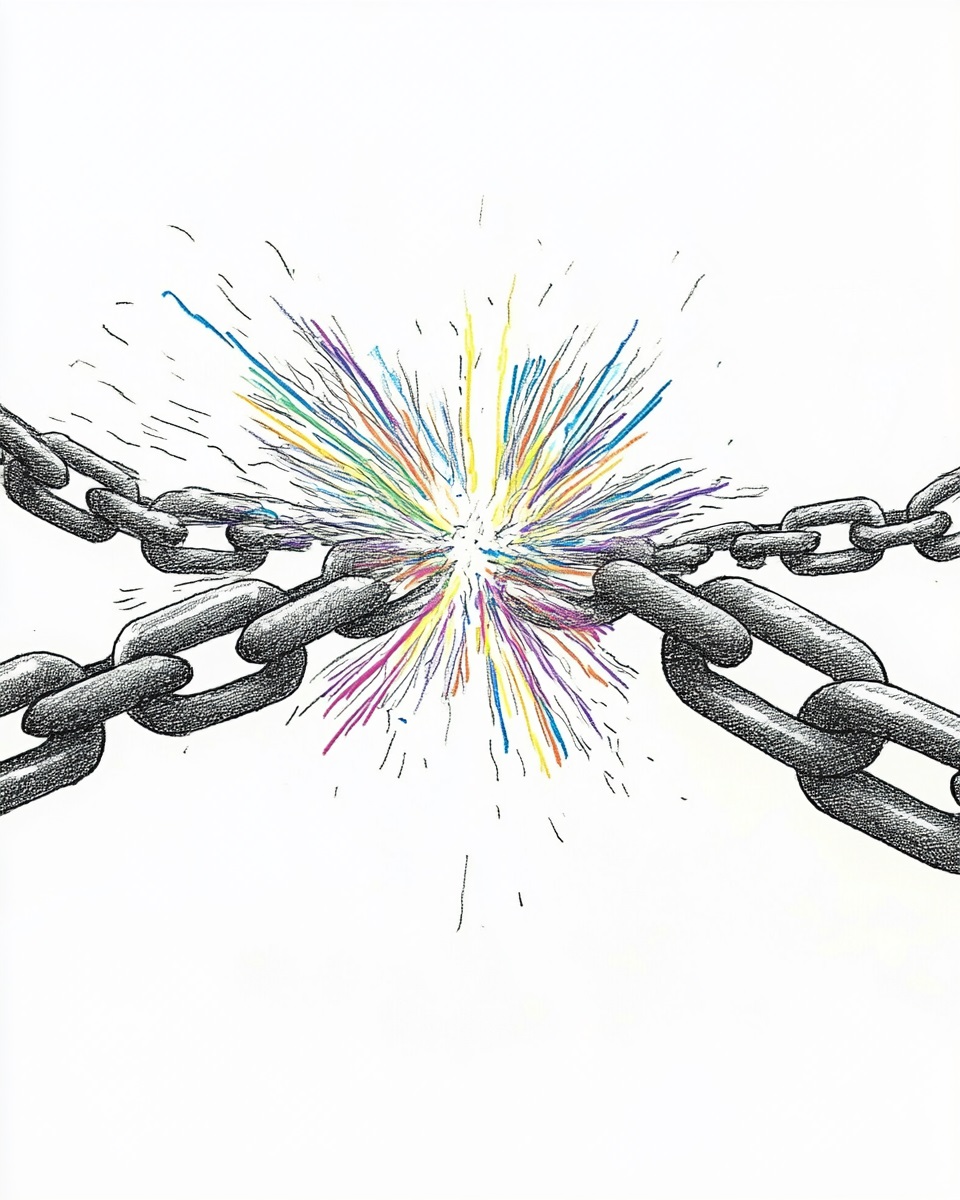
Breaking the Bond Between Critique and Shame
In evangelical teachings, critique is often tied to shame—mistakes are viewed as sinful failures that separate us from God. This interpretation fuels fear, reinforcing the idea that judgment leads to eternal punishment. However, when we break this bond, critique becomes an ally rather than an enemy.
The inner voice of “Satan” becomes harmful only when entangled with shame. When freed from this burden, it transforms into constructive guidance. A voice that once whispered, “You’re not good enough,” becomes, “Here’s an opportunity to grow stronger.”
Embracing Critique as a Tool for Growth
Instead of fearing critique, we can embrace it as a necessary part of personal development. The process of hearing, understanding, and responding to our inner voice fosters resilience and self-awareness. By seeing this voice as an internal tool rather than an external adversary, we empower ourselves to move beyond fear.
This shift allows us to live more authentically. We no longer shrink from critique but meet it with curiosity, asking, “What can I learn from this? How can I grow?” Through this lens, the inner “Satan” becomes a teacher, guiding us toward greater self-understanding and freedom.
Journaling Prompt to Embracing Your Inner Voice
Take some time to reflect on the ideas discussed in this article. Use the following journaling prompts to explore your relationship with your inner critic and how you can reframe it as a tool for growth:
- What does your inner voice say when it critiques you?
- Write down specific phrases or thoughts your inner critic often repeats. Do these words feel helpful, harmful, or something in between?
- How do you usually respond to this inner voice?
- Do you react with fear, shame, or avoidance? Or do you engage with the critique constructively?
- Reframing the inner voice:
- Choose one critique your inner voice has given recently. Imagine that voice is coming from a well-meaning guide rather than an adversary. How does this shift your perspective on the critique?
- How can you use this voice to grow?
- Consider an area where your inner voice points out a weakness or shortcoming. What practical steps can you take to address this, using the critique as a guide instead of a judgment?
- How would your life change if you let go of fear and shame around self-critique?
- Reflect on how your mental and emotional well-being might improve if you embraced your inner voice with compassion and curiosity.
Feel free to revisit these prompts whenever you need to reconnect with your inner critic in a productive and empowering way.
